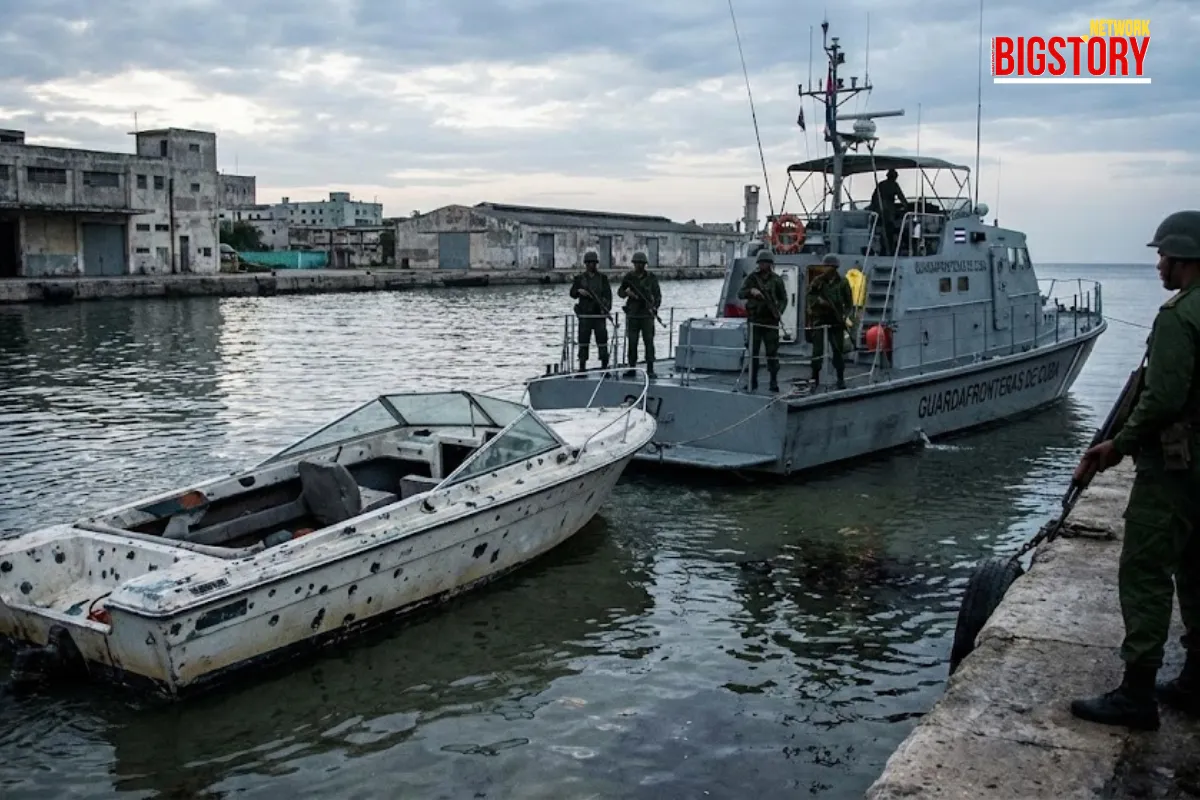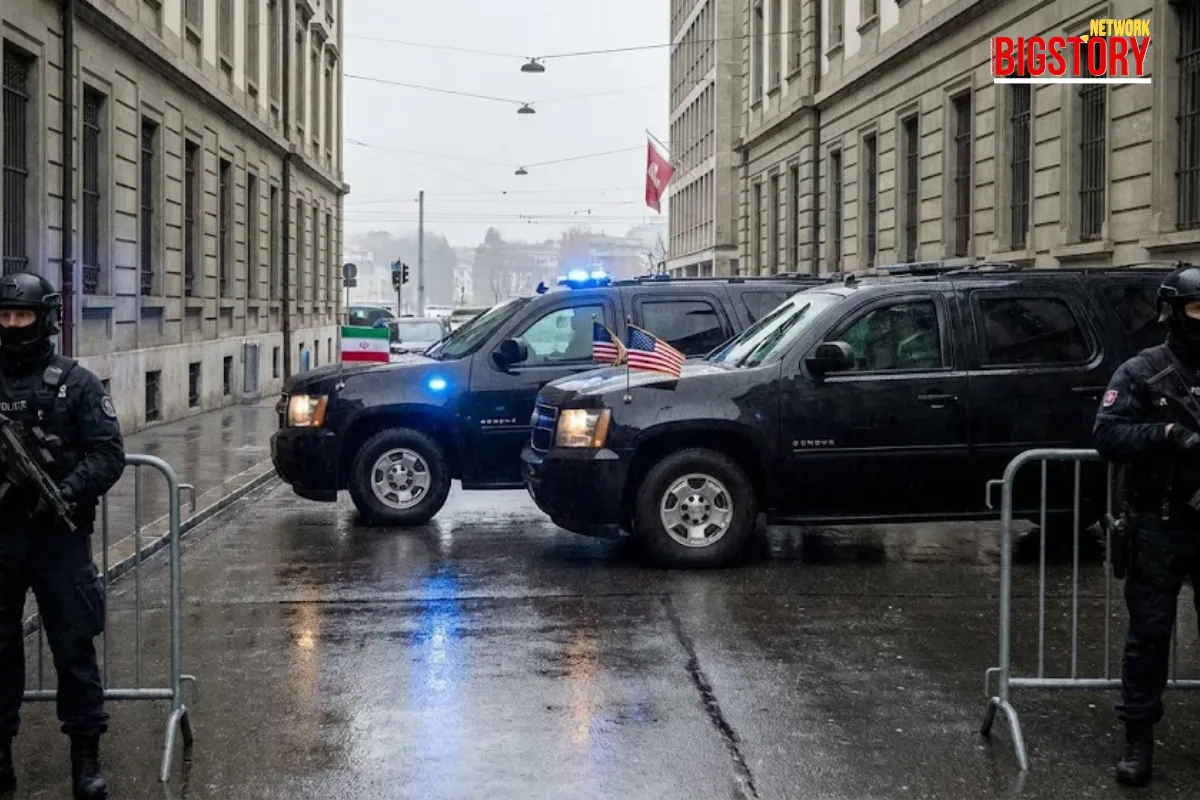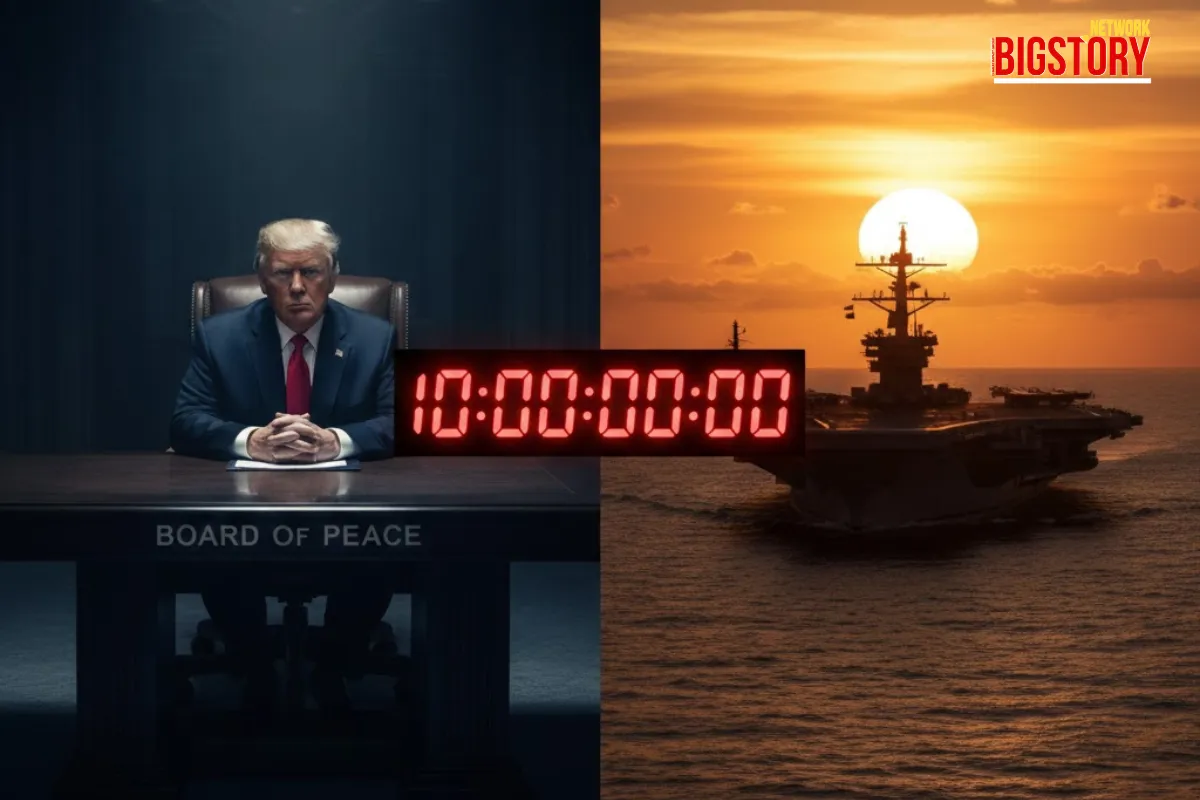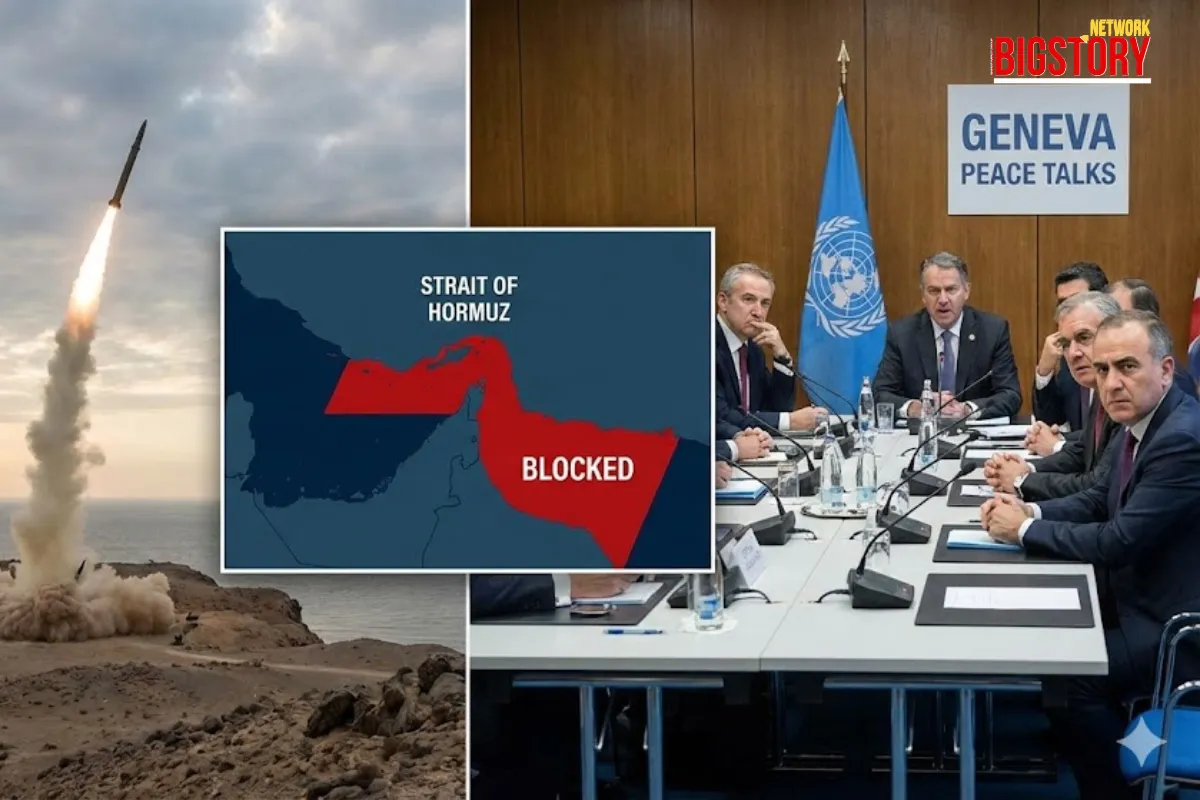India's balancing act between historical ties with Russia and growing partnerships with the West faces new challenges as NATO countries warn of "secondary sanctions" over India's continued purchase of Russian oil, sparking a firm rebuttal from New Delhi.
 Sseema Giill
Sseema Giill
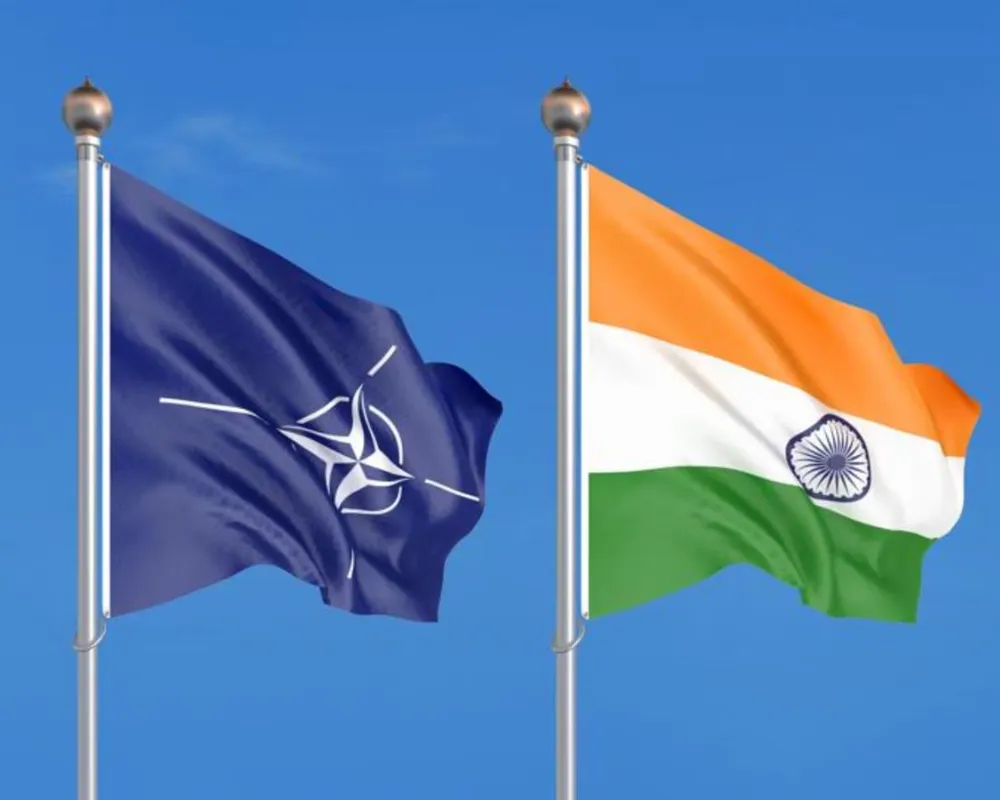
The geopolitical tightrope walk that India has performed since the start of the Russia-Ukraine conflict is facing its sternest test yet. While New Delhi has consistently maintained a stance of "strategic autonomy," emphasizing dialogue and its national interests, a recent surge of warnings from NATO countries, particularly the United States, threatens to intensify the pressure over India's continued and significant trade with Russia.
The crux of the current tension lies in India's massive increase in imports of discounted Russian crude oil since February 2022. As Western nations imposed sanctions on Moscow, India stepped in as a major buyer, with Russian oil now accounting for a substantial portion of India's total oil imports. This has provided a crucial revenue stream for Russia, helping it mitigate the impact of Western sanctions.
NATO's Warnings and Threats:
Recently, top officials from NATO countries have escalated their rhetoric. NATO Secretary General Mark Rutte, during his visit to Washington, directly named India, China, and Brazil, warning that continued business with Russia could "slam back" on them in a "massive way" through potential secondary sanctions. He urged these nations to pressure Russian President Vladimir Putin to engage in serious peace talks.
This warning was echoed by US President Donald Trump, who threatened 100% "secondary tariffs" on countries that continue to purchase Russian oil and gas if a peace deal with Ukraine is not reached within a specified timeframe. Furthermore, bipartisan efforts in the US Congress are pushing for even more severe tariffs, potentially up to 500%, on goods imported from countries that continue to buy Russian energy.
India's Firm Stance:
India's response has been unwavering and defiant. The Ministry of External Affairs (MEA) has strongly pushed back against these warnings, emphasizing that:
The Economic Stakes:
The potential imposition of secondary sanctions and high tariffs poses significant economic risks for India. India's exports of refined petroleum products to the EU, which are often made from Russian crude, could be hit. US tariffs could impact India's significant trade surplus with the US, affecting sectors like IT, textiles, and pharmaceuticals.
However, India has also been actively diversifying its energy sources and exploring alternative payment mechanisms to mitigate such risks. The rise of Russian oil imports has also led to substantial savings for India, helping to manage domestic inflation.
A Complex Balancing Act:
India's position is a delicate balance. On one hand, it values its historical and defense ties with Russia, which remains a key supplier of military equipment. On the other, its strategic partnerships with Western countries, particularly the US, are growing, evidenced by its engagement in platforms like the Quad (India, US, Japan, Australia).
This escalating confrontation with NATO countries over Russia presents a major foreign policy challenge for India. While New Delhi is unlikely to abandon its relationship with Moscow entirely, it will need to continue its astute diplomacy to safeguard its economic interests and maintain its independent foreign policy space in an increasingly polarized world. The coming months will determine whether this pressure leads to a shift in India's energy procurement strategy or if New Delhi successfully navigates these new geopolitical headwinds.



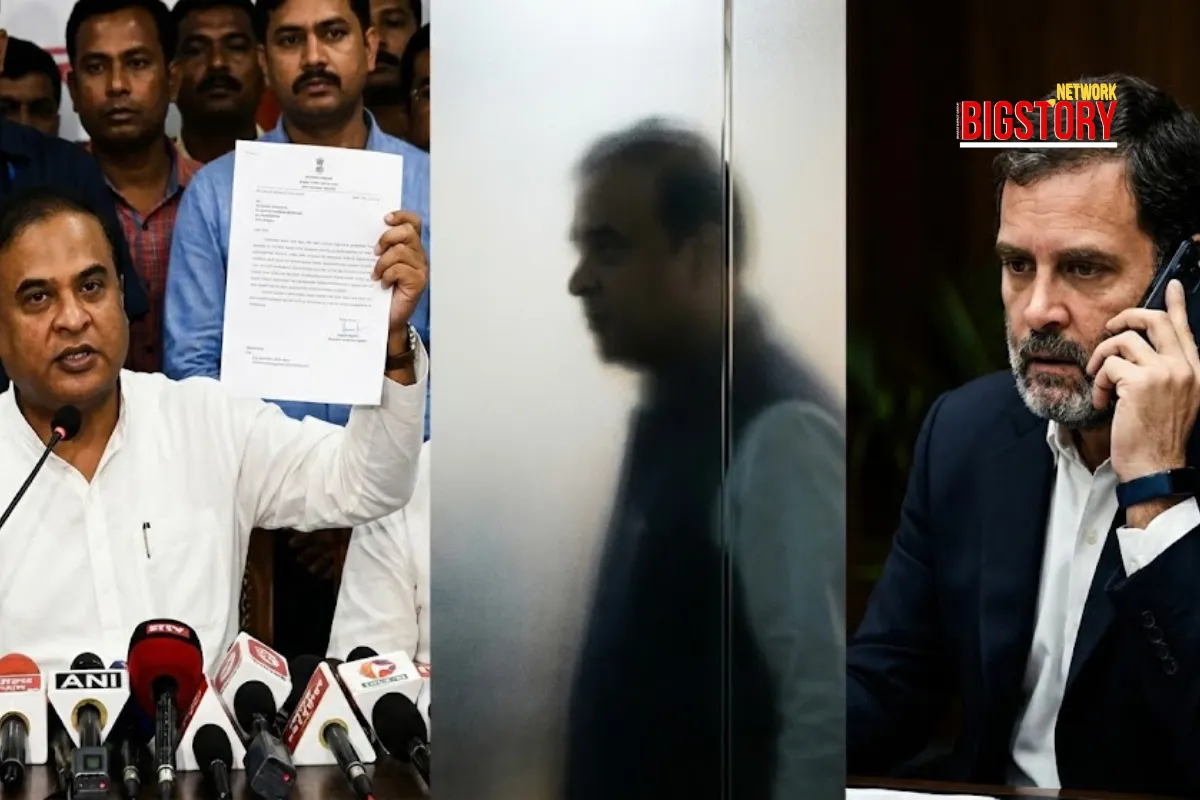


Sign up for the Daily newsletter to get your biggest stories, handpicked for you each day.
 Trending Now! in last 24hrs
Trending Now! in last 24hrs
